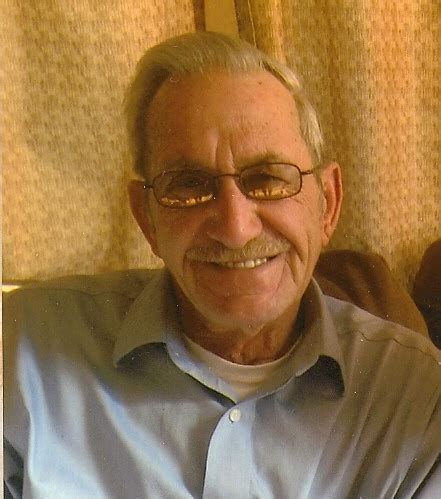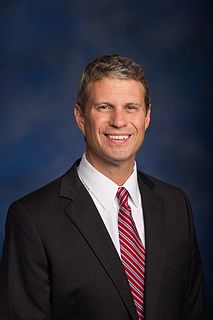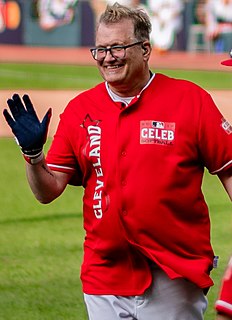A Quote by Chevy Chase
I was very involved in political satire, and I'd been writing parody for 'Mad' and 'National Lampoon,' so I made up some strange story about Gerald Ford.
Related Quotes
I'm concerned about the negative aspect of political campaigning in american nation, which is a new phenomenon. When I ran for president against Gerald Ford and later against Ronald Reagan we never referred to each other except as 'my distinguished opponent'. And had we criticised personally our opponent it would have been political suicide, we would have been castigated and condemned for it.
I went to my first national convention in 1976, when my family supported [Ronald] Reagan over [Gerald] Ford, so we've always been Republicans, but we've always wanted the Republican Party to be the party of fiscally conservative, limited-government types. And I think, sometimes, we haven't done that as well.
Bob Gates is really emblematic of the modern CIA. He joins it in 1968, just a day before the Soviets invaded Czechoslovakia. And, of course, he rises very quickly. In less than six years, he's on the National Security Council staff, at the closing weeks of Richard Nixon's presidency and then on into Gerald Ford.
Translation is harder, believe it or not. You do have to come up with a story, and actually I'm mystified by that process. I don't exactly know how the story just comes, but it does. But in writing a story that you're inventing, versus writing a story that somebody else has made up - there's a world of difference. In translation you have to get it right, you have to be precise in what you're doing.
The Lampoon was definitely quite formative. You know there's a crazy like kind of network of comedy writers from The Lampoon that are, that kind of you know like Seinfeld and The Simpsons and a lot of shows kind of had a lot of kind of Lampoon writers and so that was very formative. I mean, to me I got interested in comedy writing at an early like reading like Dave Barry.
































